What Is Prior Knowledge and Why it Matters?
Educational Technology and Mobile Learning
DECEMBER 23, 2023
This term refers to the pre-existing cognitive framework that each student brings into the learning environment, encompassing everything from factual information to deeply ingrained skills and misconceptions. Prior knowledge is one of the key concept in educational research that fundamentally reshape our understanding of how learning occurs.

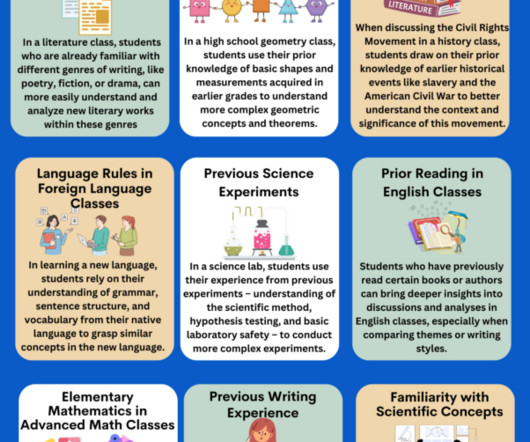
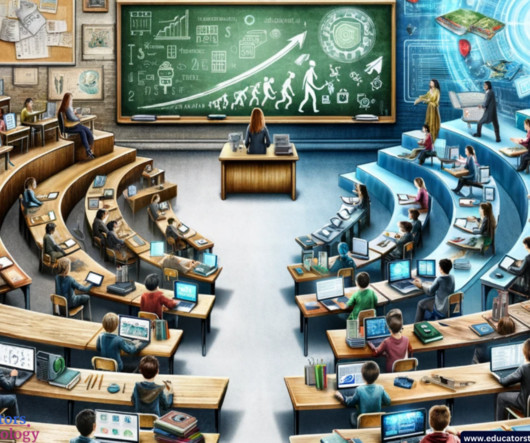
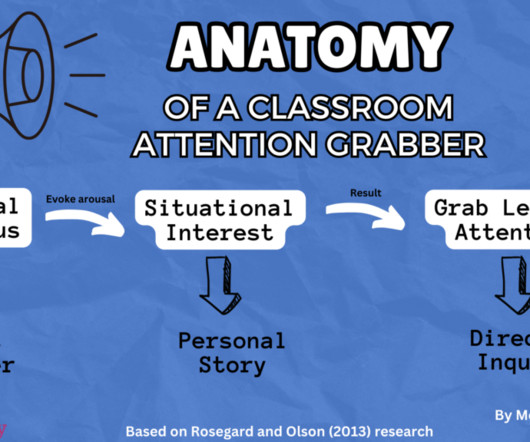

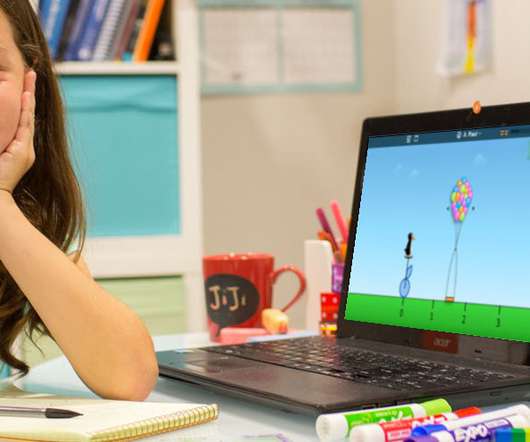










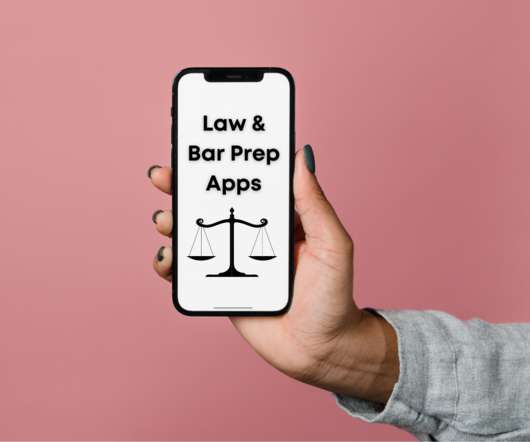




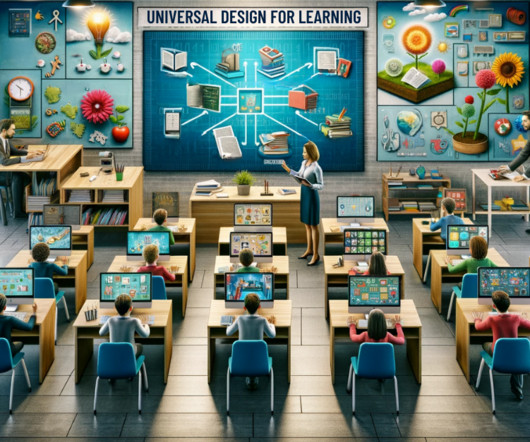











Let's personalize your content